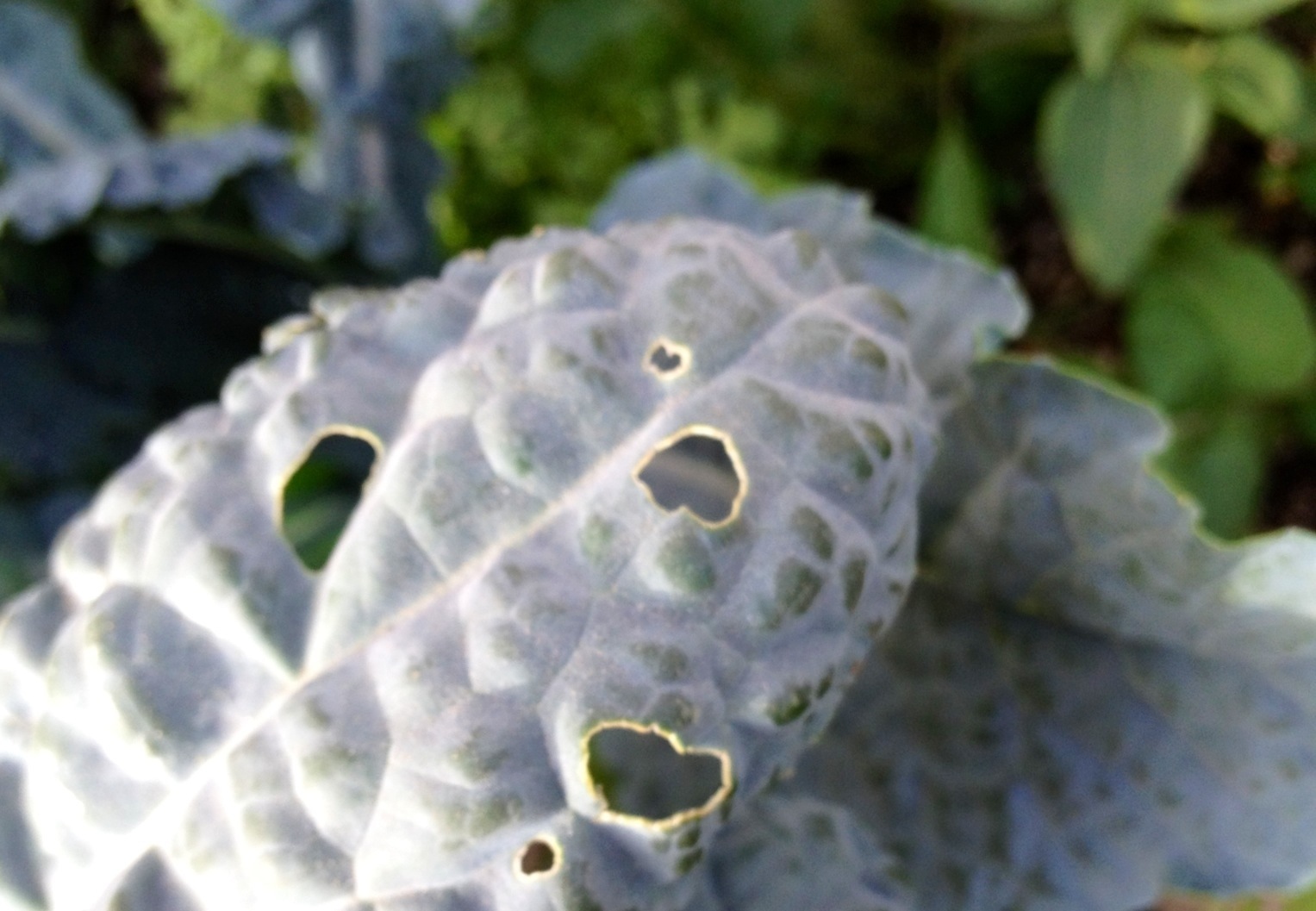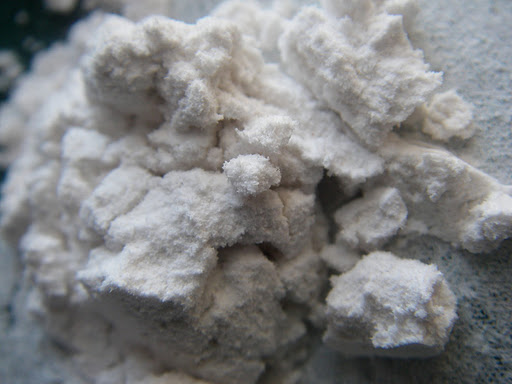As the gardening season starts a lot of us, including myself
overwater in order to cool the soil and correct heat damage.
This is a big mistake because it invites certain pests to your garden that cause some problems.
Having pests in an outdoor garden is inevitable, and organic control measures can be difficult and frustrating, so know your pest well before going into any control measures so as not to waste time and energy.
Houseflies & Fungus gnats The pests I'm having thanks to overwatering are
fungus gnats and
houseflies, both lay eggs in the soil, they're not a major problem since their larvae feed on organic matter and not the plants or their roots. They are however a big nuisance when working in the garden.

This control method only gets rid of the adults,
the sticky tape can be found in ACE Hardware, to get the larvae, you can place pieces of raw potato on the soil surface and check it after around 5 hours, you should find the larvae of these flies eating the potato away, discard the potato piece and keep doing it and numbers should decrease.
Fruitflies 
A major problem I've been having is that
fruit flies have been laying eggs in my butternut squash, I've
lost six fruit already, one day the fruit is nice and healthy, and the next I find a mushy dimple, and when I crack it open, I find larvae (white worms) feeding away inside. It's very hard to hand pollinate the flower then cover,
I need to figure out a new organic way to protect my fruit, since the plant is growing too fast and over my very tall trellis.

Im worried this might happen to my zucchini fruits once they start forming, if I cover the plants, bees won't have access to pollinate the flowers.
Whiteflies  These are the worst pests in the garden
These are the worst pests in the garden, they like a lot of plants including tomatoes and squash plants, if they're
found on the underside of leaves,
you must control them immediately as they cause serious damage. Whiteflies and they're nymphs (the young whiteflies)
suck on the sap of the leaves, causing the spread of viruses, yellowing leaves, and stunted growth, they spread very fast so one must control them quickly. The yellow sticky tape works for adults, so does insecticidal soap, and horticultural oil.

I am also following a control method which is to place reflective mulch, in my case aluminum foil under the possible host plants.
The foil disorients the flies and annoys/repels them. Leaf Miners  I think most gardens in Kuwait have this problem around this time
I think most gardens in Kuwait have this problem around this time, leaf miners are a certain kind of
fly that lays eggs inside the leaves, later having
the larvae grow and feed inside the leaf creating squiggly lines in their trail. Its not a major problem if its a big strong plant,
the correct control measure is to pick and discard the affected leaves, but I'm not about to sacrifice almost a foot-wide leaf for a few blemishes,
I found a simpler way which is to squish the visible worm with the my fingers, it will die inside the leaf and will not make it as an adult, in return I will keep the leaf and it will recover quickly.




 It's pretty obvious, I wasn't the only one enjoying the colorful leaves.
It's pretty obvious, I wasn't the only one enjoying the colorful leaves. 













